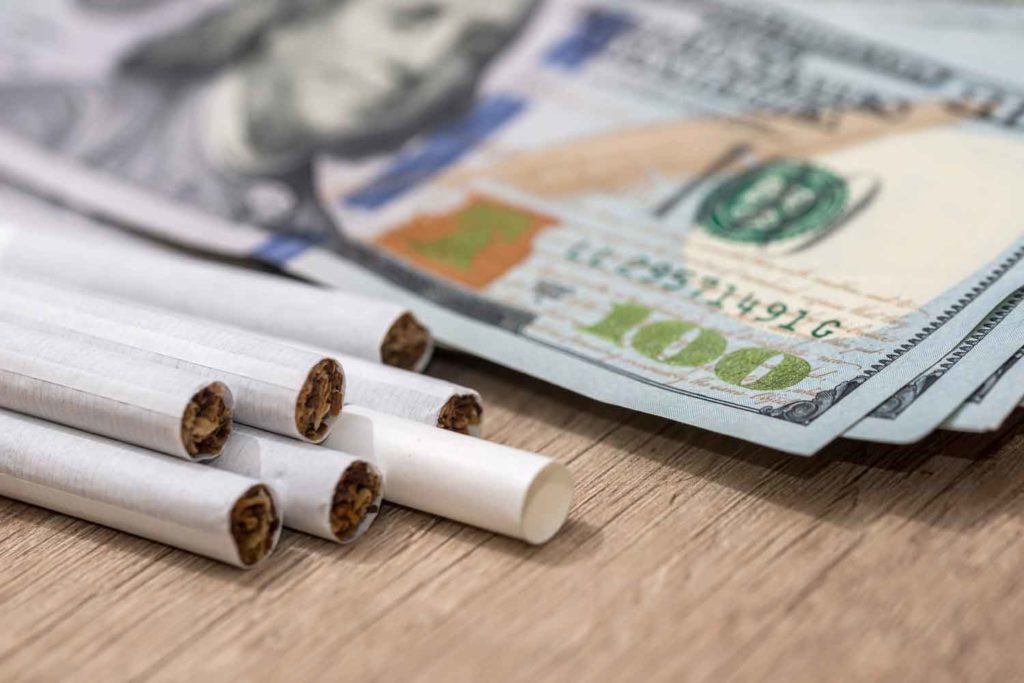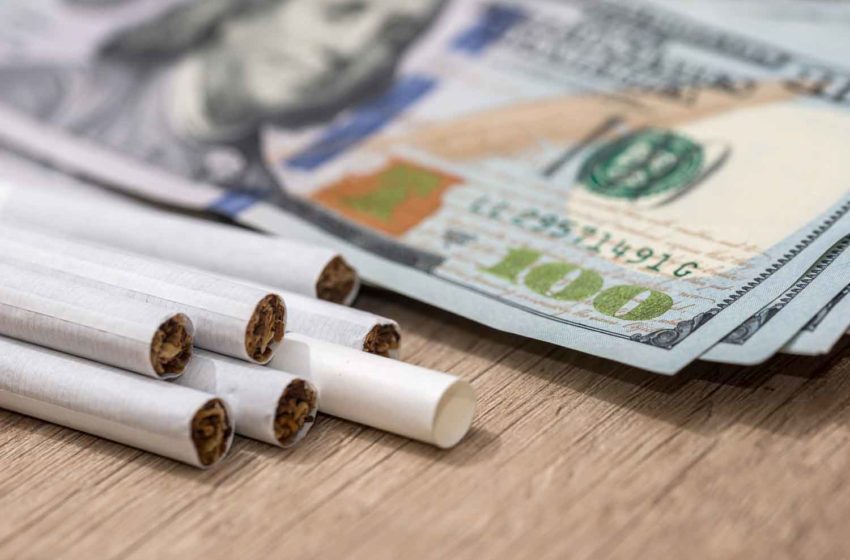
A proposal to raise U.S. federal taxes on tobacco could make cigarettes—the most harmful way to consume nicotine—cheaper than other tobacco products in many states, warns Ulrik Boesen, senior policy analyst in excise taxes of the Tax Foundation.
The proposal, which would double the tax on cigarettes while taxing every other tobacco and nicotine product at comparable rates, would likely also boost tobacco product smuggling.
Writing on the Tax Foundation’s website, Boesen says these unintended consequences are due in part to the way other levels of government tax tobacco. While every U.S. state taxes cigarettes by quantity, a majority tax other tobacco products by price. When states tax tobacco products by price, the tax on the product will “pyramid” since the federal tax is levied at the manufacturer level and the state tax is levied at the distribution level.
“In effect, the state tax base includes the federal tax and becomes a tax on a tax,” explains Boesen.
Boesen says there are additional reasons not to levy tobacco excise taxes based on price. “For most excise taxes, the base should be the harm or cost-causing element because that best internalizes a negative externality,” he says. “For tobacco products, that is clearly the quantity of tobacco consumed.”











